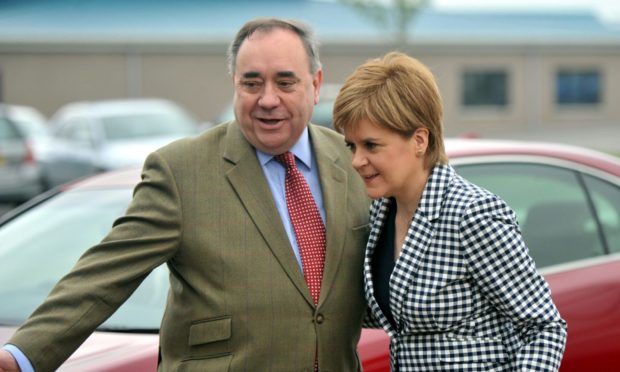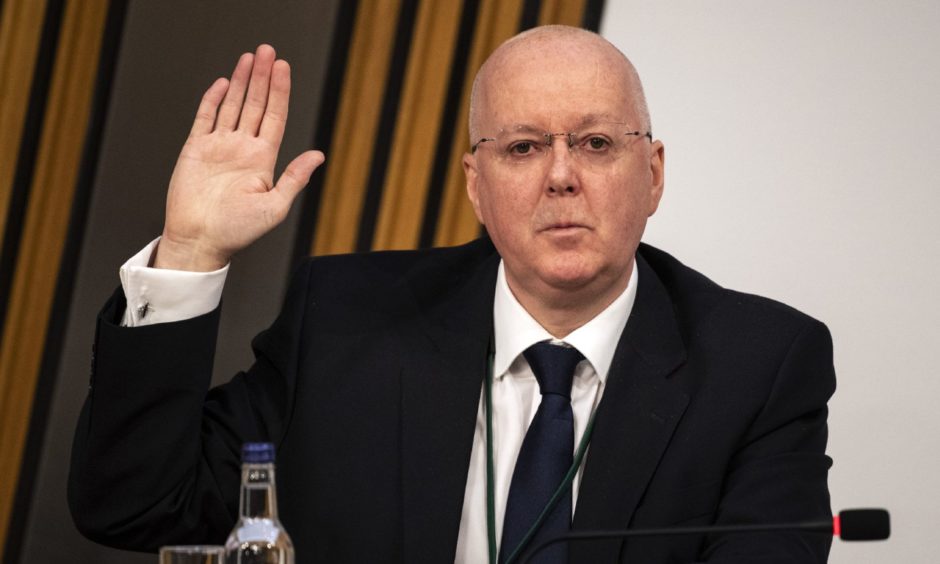The first minister says she hopes to “take head on some of the ridiculous suggestions” around the Alex Salmond affair when she appears before the committee investigating the handling of complaints made against him.
Nicola Sturgeon has faced fresh questions over whether she misled Scotland’s highest civil court on the basis of information provided on when she first learned of sexual harassment allegations against her predecessor.
The first minister gave the Scottish Parliament a date of April 2 2018, which has previously led to claims she misled parliament, which she denies.
It was revealed on Saturday that Ms Sturgeon’s initial version of events were included in formal written submissions to the Court of Session during Mr Salmond’s successful civil case against the government’s botched probe.
Ms Sturgeon is scheduled to appear before the committee on February 16, but has had three previously scheduled appearances postponed.
Asked about the allegations she misled the civil court during her daily Covid-19 briefing, the first minister says she rejects them “absolutely”.
She added: “I look forward to getting the opportunity at long last to appear before the committee of inquiry.
“I very much hope that will be next week, assuming they don’t postpone it again, and, let me be very clear, I am willing to answer all and any questions put to me by that committee including on the topic that you have just asked me.
“In addition to answering all and any questions, I perhaps will also get the opportunity to take head on some of the ridiculous suggestions that have been made about this whole situation.
“Suggestions that I know have caused many people a great deal of distress.”
‘Invasion of privacy’
Ms Sturgeon’s remarks come shortly after her husband, SNP chief executive Peter Murrell, made his second appearance before the committee investigating the handling of complaints against Mr Salmond.
At several points during questioning from the committee, Mr Murrell said he could not go into “details of messages”, as it would be an “invasion of privacy” of the complainers.
Committee members have subsequently accused him of taking part in “an exercise in spin and obfuscation”.
Minutes before the committee was to convene, Mr Salmond announced he would not be appearing for his scheduled evidence session on Tuesday.
Lawyers for Mr Salmond said their client would be unable to “take his oath to tell the whole truth and nothing but the truth” until a number of concerns are addressed, including the committee not intending to publish Mr Salmond’s submission on the ministerial code and clarification over legal concerns.

